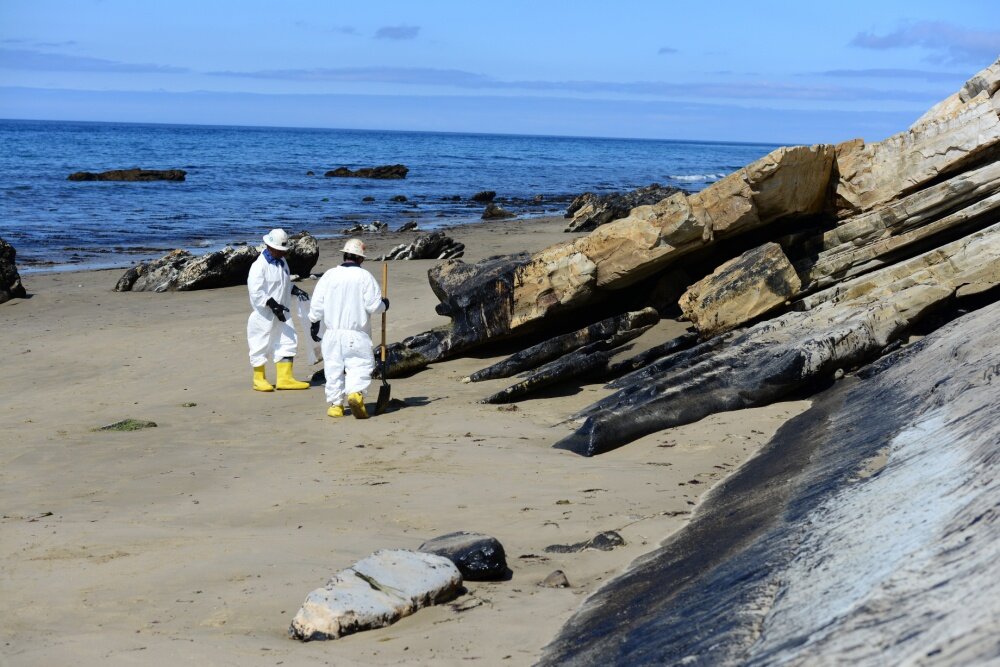She might be a short-timer but Congresswoman Lois Capps hasn’t stopped working on legislature important to her and her constituents in the 24th California District.

Capps, who will retire after her current term ends, hailed the signing of the “PIPES Act” into law by President Barack Obama on June 22. The bill is the culmination of Capps’s efforts over the past year to strengthen the safety of the nation’s natural gas and hazardous liquid pipeline systems, and to improve oversight of the energy industry, reads a news release from Capps’ Washington office.
“As the President signs the PIPES Act,” Capps said, “I think back to May 19, 2015, when we first learned of the Plains All-American Pipeline spill on our Central Coast. While, thankfully, no individuals were hurt that day, the spill [at Refugio Beach] significantly disrupted local businesses and the regional economy, harmed our treasured wildlife, and put the health of the public at risk. While much of the oil has been cleaned up, my district is still recovering from those setbacks.”
The damage at Refugio Beach was indicative of the potential catastrophes that could happen anywhere in the U.S., which has millions of miles of underground pipelines crisscrossing the land.
“This new law will help protect the health and safety of communities and environments across the nation,” Capps said, “by holding the energy industry accountable. It will do so by raising the safety standards for pipelines and implementing lessons learned from past accidents in order to prevent future spills such as examining the causes of corrosion, as we saw with the Plains spill, and the best way to prevent it.”
She’s resigned to the fact that even with this law, the danger persists into the future. “But I have said it before, and I will say it again — oil spills are inevitable as long as we rely on oil for our energy needs,” Capps said. “Moreover, this law is just a first step. It will not solve all of the challenges facing the pipeline industry. That is why I will continue to push for policies that will further strengthen the safety of our nation’s pipelines, as well as those that encourage the use and innovation of clean, renewable energy sources.”
Capps’ contributions to the PIPES Act, in direct response to the Refugio spill, were based on findings by the Pipeline and Hazardous Materials Safety Administration (PHMSA), in particular that “Plains’ pipeline rupture was the result of corrosion after the state of the pipes was not adequately reviewed.” Her provisions included:
• A required analysis of risk factors that, if present, would trigger more frequent pipeline integrity inspections;
• Clarification that all coastal beaches, marine coastal waters, and the Great Lakes qualify as High Consequence Areas, which are subject to higher safety standards; and,
• Calling for an examination of the causes and best ways to prevent pipeline corrosion.
-Neil Farrell

